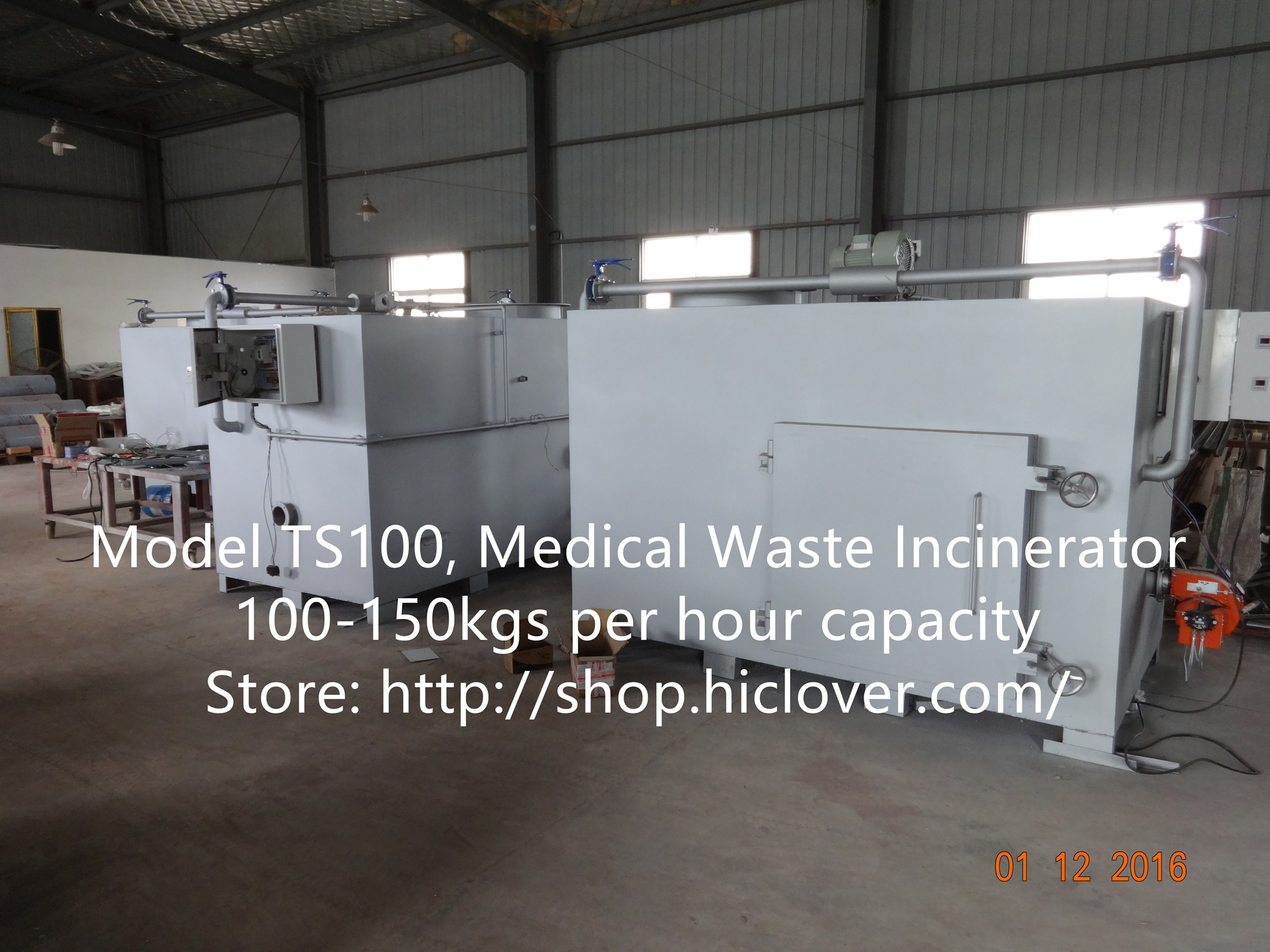Medical waste, such as syringes, bandages, and other potentially infectious materials, is a significant concern for public health and the environment. Improper disposal of these items can result in the spread of infectious diseases, harm to wildlife, and environmental pollution. It is crucial to understand the risks associated with medical waste and take appropriate measures to ensure safe disposal and management.
One of the most common types of medical waste is syringes, which are used for administering medications and other medical treatments. These items can be contaminated with blood and other bodily fluids, making them potential sources of infection. Improper disposal of syringes can result in accidental needle sticks, leading to the transmission of diseases such as HIV and hepatitis.
Bandages, dressings, and other wound care materials also pose a risk when not properly disposed of. These items can be contaminated with blood and other bodily fluids, as well as infectious microorganisms. If these materials are not disposed of in a safe manner, there is a risk of spreading infections to healthcare workers, waste management personnel, and the general public.
In addition to syringes and bandages, other potentially infectious materials include diagnostic samples, laboratory waste, and expired medications. These items can contain harmful pathogens and chemicals that can pose a risk to human health and the environment if not handled properly.
It is essential for healthcare facilities, laboratories, and other organizations that generate medical waste to have appropriate waste management protocols in place. This includes ensuring that all staff are trained in safe handling and disposal practices, and that proper containers and labels are used for collecting and storing medical waste. Additionally, facilities should have a designated area for storing and disposing of medical waste, and should work with licensed waste management companies to properly dispose of these materials.
Proper disposal of medical waste is not only important for public health and safety, but also for the environment. Medical waste can contain hazardous chemicals and pharmaceuticals that can contaminate soil and water, and harm wildlife and ecosystems. By ensuring that medical waste is safely managed and disposed of, we can help protect the environment and prevent the spread of infectious diseases.
It is important for individuals to also play a role in the responsible disposal of medical waste. Patients who require at-home medical care should be provided with guidance on how to properly dispose of items such as syringes and bandages. This may include using sharps containers for syringes, and placing bandages and dressings in sealed bags before disposal.
In conclusion, medical waste, including syringes, bandages, and other potentially infectious materials, poses significant risks to public health and the environment if not properly managed. It is essential for healthcare facilities, laboratories, waste management companies, and individuals to take appropriate measures to ensure the safe disposal and management of medical waste. By doing so, we can help protect the health of communities and the environment.



